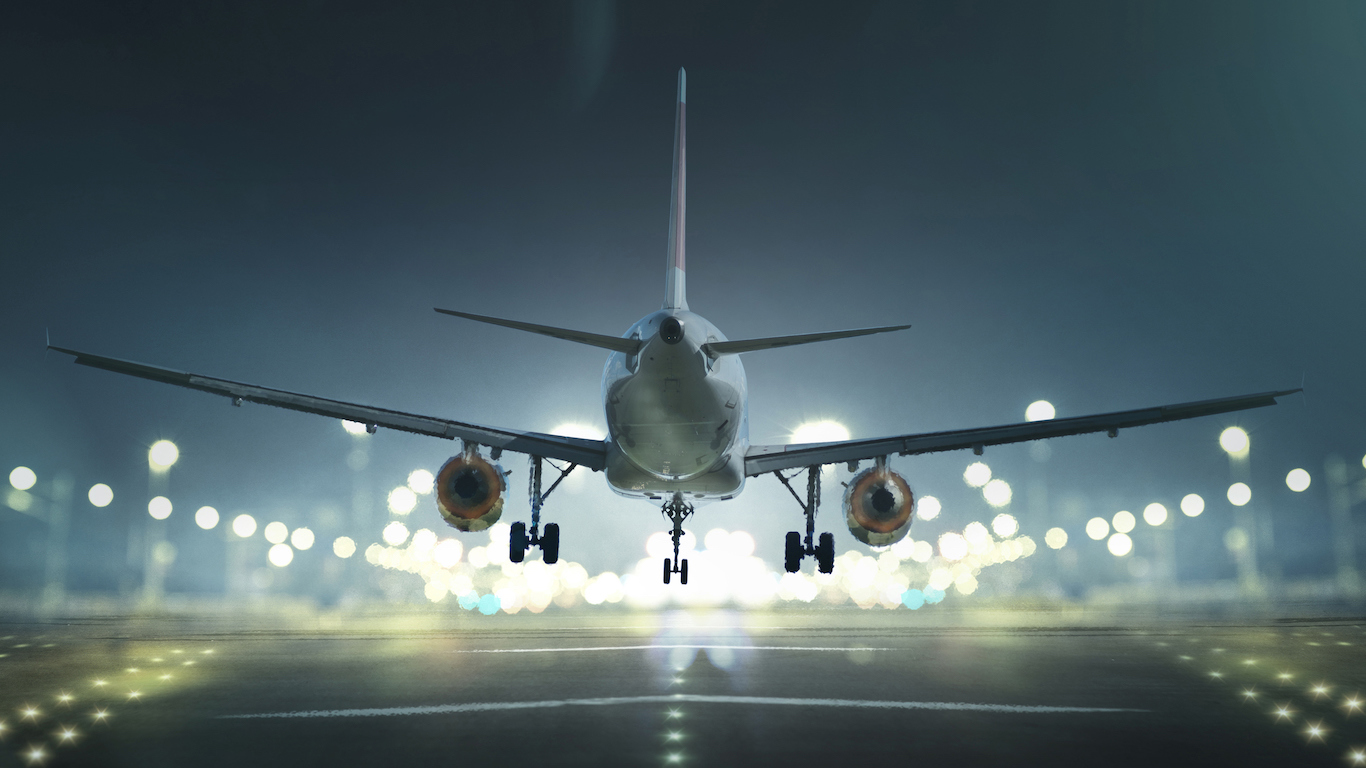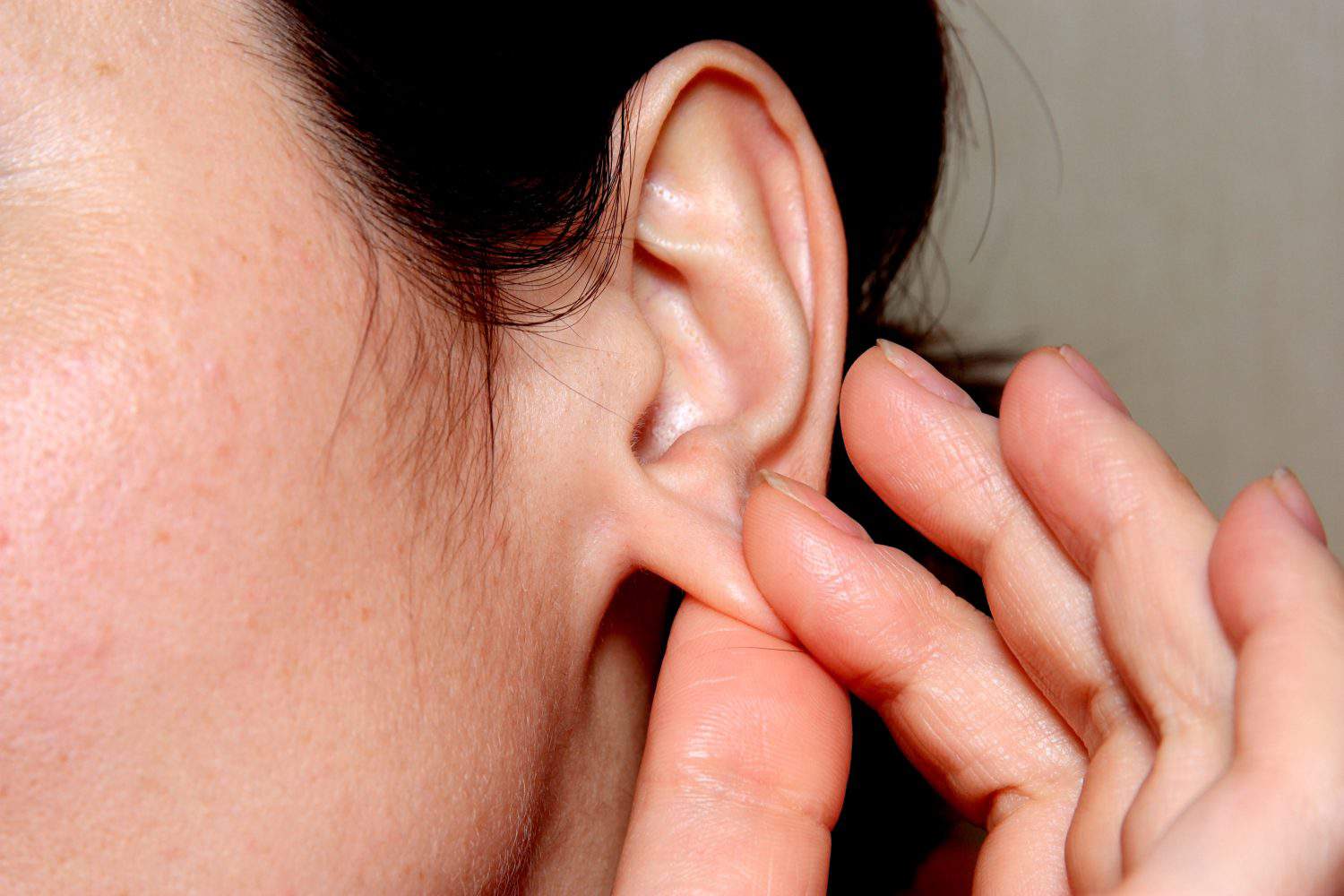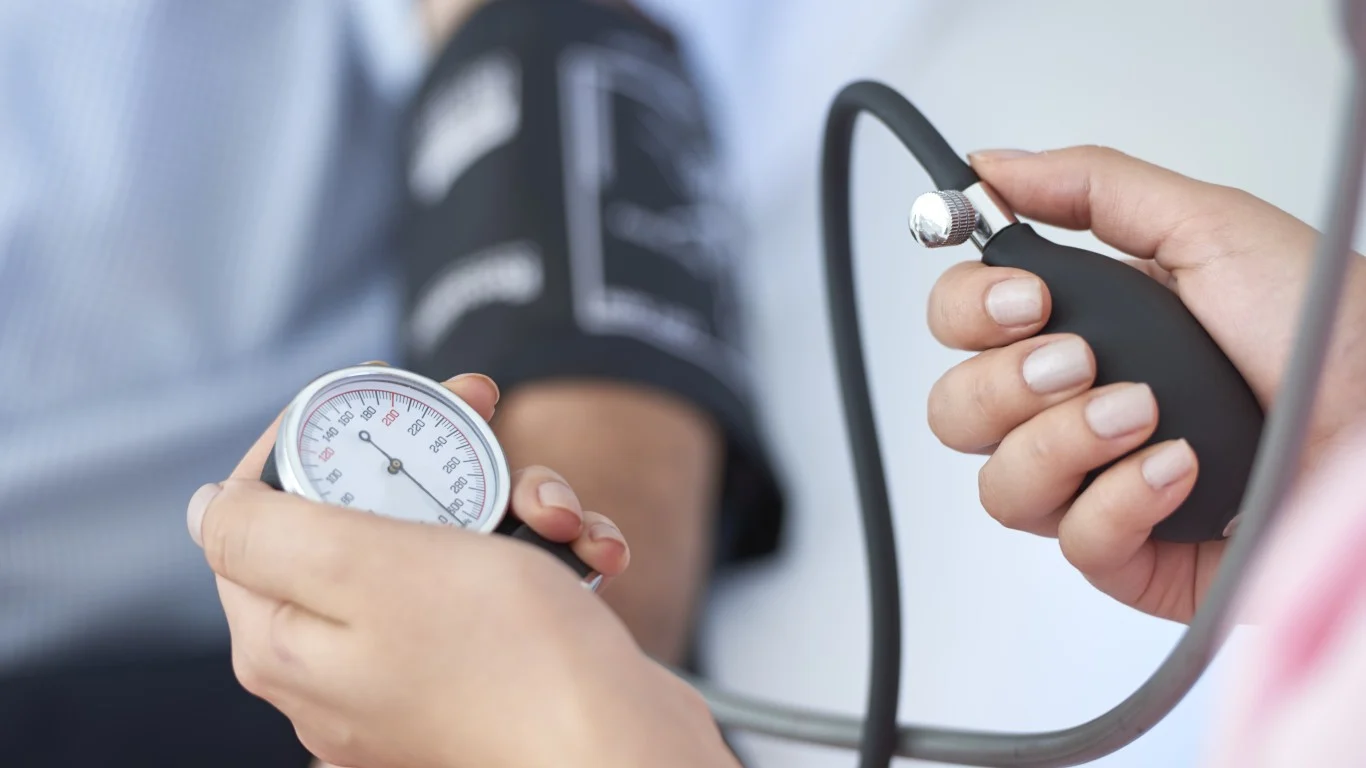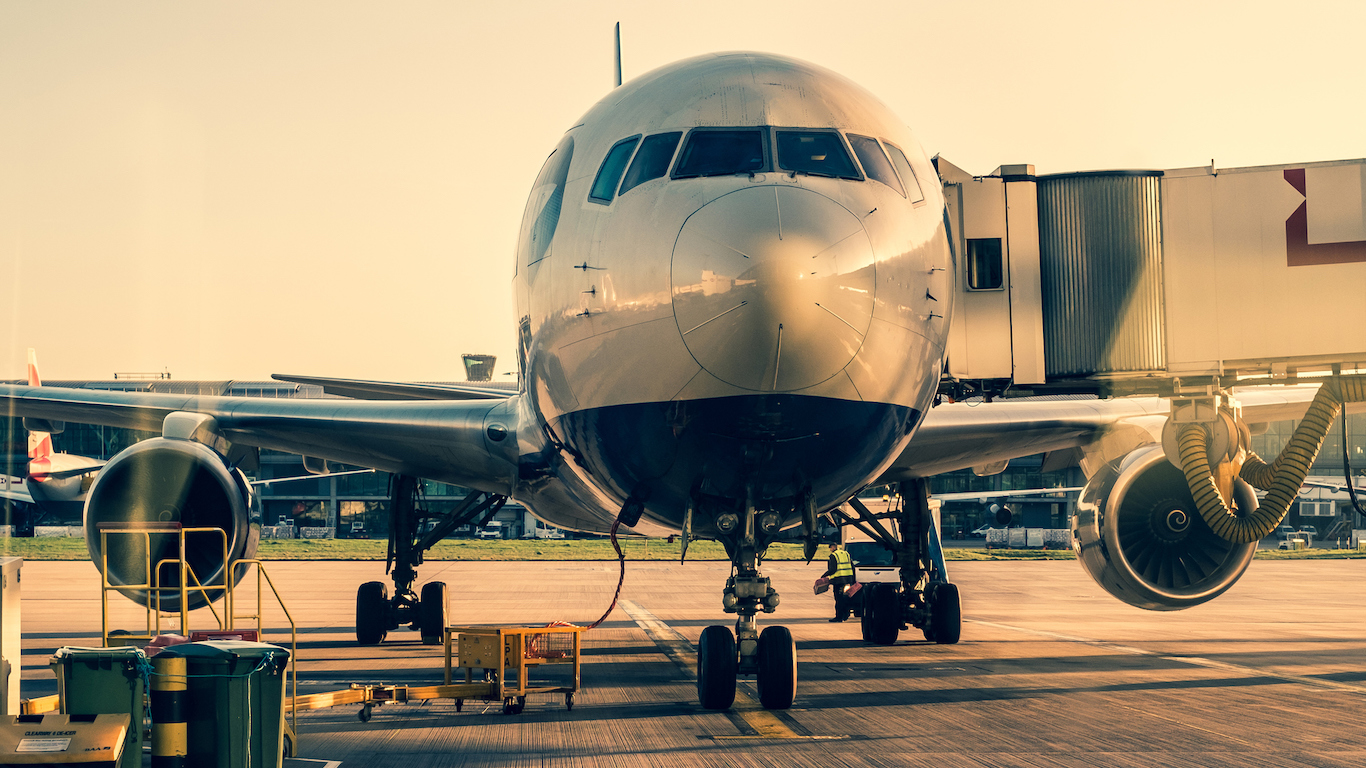Have you ever wondered about the effects of long flights on your body? There are amazing perks to being able to fly and aviation is a remarkable invention. Before the innovation that brought about the airplane, humans researched, tested and dreamed about being able to fly like birds.
Most people correlate the beginning of aviation with the Wright brothers. However, long before they were born, inventors were trying to figure out how to fly. The kite was invented between 400 and 200 B.C. in China. It is clear the idea of humans flying was already planted in the brains of many inventors.
In the 1480s, flying piqued Leonardo da Vinci’s interest. He drew detailed images of an Ornithopter flying machine, with calculations and ideas about how a human could fly. Then, George Cayley designed different types of gliders. Later, in the 19th century, Otto Lilienthal designed a glider that could fly long distances with a person inside it. Efforts for air travel had already made great strides by the time the Wright Brothers arrived on the scene.
To compile a list of the effects of long flights on your body, 24/7 Tempo consulted multiple health sites. These sites include Healthline, Medical News Today and Cleveland Clinic Health Essentials. If you plan a trip that includes traveling by plane for long periods, you must be conscious of the potential side effects and plan accordingly. Read about the physical side effects of long flights on your body below. (Interested in content on inventions? Here are famous inventions named after their creators.)
Perks of Air Travel

Numerous perks come with being able to fly. One of the biggest perks is the speed and efficiency with which air travel allows one to reach their destination. Just over 200 years ago, humans relied on modes of transportation like horses and covered wagons to get them where they were going on land. In the 1800s, traveling west would take approximately three to six months or even a year, depending on the weather, conditions and more. Now, a flight from Texas to Oregon takes approximately three to four hours, depending on a few factors.
More perks of flight include safety, traveling around the world in a short amount of time and cost-efficiency. Although flying comes with unique perks, there are a few downsides to traveling by plane. This is especially true if one is traveling for long periods. Air travel can be hard on the physical body. Here are several effects of long flights on your body.
Jet Lag

Jet lag is one of the most common effects of a long flight on the body. It occurs when one’s natural rhythms are thrown off. Typically, jet lag happens when flying across three time zones, but it can also transpire within one or two time zones.
The effects of jet lag include changes in concentration, mood, digestion and fatigue.
There are ways to minimize the effects of jet lag on the body before traveling. These include eating smaller meals and adjusting sleep patterns accordingly.
Deep Vein Thrombosis (DVT)

Traveling for four or more hours can put one at risk for developing Deep Vein Thrombosis (DVT), which happens when a blood clot forms in a deep vein.
Risk factors for developing DVT include but are not limited to using birth control with estrogen, pregnancy or being postpartum, family history of blood clots, limited mobility and being over 40 years old.
It is possible to reduce the risk of DVT. Use the space in front of you to exercise your ankles, feet, and calf muscles. Additionally, moving around as much as possible and wearing supportive socks will help. If you are at risk for developing Deep Vein Thrombosis, talk to your physician before flying.
Ear Pain and Discomfort

Another common effect of flying on bodies is the dreaded ear pain. This can occur on any flight, whether long or short. The main reason “airplane ear” happens is the altitude and pressure changes during takeoff and landing.
Chewing gum, using earplugs, trying the Valsalva maneuver, and using decongestants are some ways to reduce the chance of experiencing pain and discomfort in the ear.
Increase in Blood Pressure

High altitudes can also put a person at risk for cardiovascular system changes. This is because oxygen saturation and barometric pressure decrease.
A person with certain risk factors can be prone to increased blood pressure. Risk factors include pulmonary hypertension, congenital heart disease and chronic obstructive pulmonary disease.
Additional factors that may increase a person’s blood pressure include acceleration and deceleration of the plane and anxiety.
Dehydration

It is possible to become dehydrated during flights, particularly during long flights. The pressure in an airplane cabin is lower, and the air is dryer, which can cause higher amounts of water loss.
Additionally, water intake may be reduced during a long flight. Dehydration can be linked to jet lag, headaches, dizziness and more. To fight dehydration, the best thing a person can do is to keep a refillable water bottle, drink a liquid with electrolytes and avoid alcohol. Additionally, snacking on hydrating foods like fruit can be helpful.
Headaches

Headaches can appear during travel for a variety of reasons. Dehydration, jet lag and inability to sleep can all contribute to an “airplane headache.”
Also, due to pressure changes inside the cabin and during takeoff and landing, the cerebral arteries may dilate. When this happens, the blood pressure inside the brain decreases, and a headache may emerge.
Change in Taste Buds

Some may notice that their taste buds and sense of smell change when traveling on a long-haul flight.
Low air pressure and lack of moisture change our taste buds and their sharpness. Therefore, the foods and drinks a person typically enjoys may taste less sweet or salty when in the air.
Fatigue

Traveling for long distances can cause fatigue for various reasons. Sitting in a pressurized cabin for long periods means less oxygen goes into the body, which can cause shortness of breath and tiredness.
Additionally, if dehydration happens, fatigue may be a side effect. Jet lag also makes one feel sleepy.
Drinking water and a pillow on a long trip is a good idea.
Gas Pain

Gas pain is a common problem for many flyers. Like most conditions on this list, it can also transpire due to increased altitude and low air pressure.
Additionally, gas can get trapped when a person sits crunched up in one position for a long time.
Walking and stretching as much as possible, not drinking carbonated drinks and using over-the-counter simethicone can help reduce gut pain.
Bloating

Along with gas pain, bloating, constipation and nausea may occur. These stomach issues can happen when the gas trapped inside the digestive tract expands and presses on it. Additionally, water retention can cause bloating.
Low air pressure in the cabin affects our gut and numerous other conditions on long flights. Furthermore, fatigue, dehydration and jet lag may cause bloating during a long-haul flight.
Toothaches

Air pressure can also cause toothaches on long flights. As bodies adjust to the new air pressure during takeoff and landing, it affects ears and teeth, meaning tooth pain may occur.
Toothaches while flying are more common when one has a cavity, fillings or some dental work. Air pockets in teeth can also cause toothaches while flying. This happens when the pockets attempt to expand because of the air pressure in the cabin. It may be a good idea to visit a dentist before flying to rule out any conditions that need to be examined.
Bad Breath

Bad breath is another common occurrence during a long-haul flight. Several things can cause this unpleasant side effect. One reason is dehydration. Mild dehydration can reduce saliva production. The mouth becomes dry when saliva is not produced, and bacteria and plaque thrive.
Additionally, if one changes their diet while on a long-haul flight or neglects oral hygiene, bad breath may also happen. However, reducing the chances of bad breath while flying on a long trip is possible. Try to stay hydrated, eat healthy and pack a pre-pasted toothbrush that doesn’t need water.
Prepare Before a Long Flight

Dehydration and jet lag are common occurrences when one’s body is trying to adjust to the cabin pressure, altitudes and rapid speed during takeoff and landings. When these conditions are coupled together, there are numerous negative effects of long flights on your body. Prepare before any long flight by packing essentials such as plenty of healthy snacks, a refillable water bottle, over-the-counter medicines and comfortable socks. Also, do not forget to get up and stretch as much as possible. (Are you planning a trip? Be sure to avoid these ten foods before boarding an airplane.)